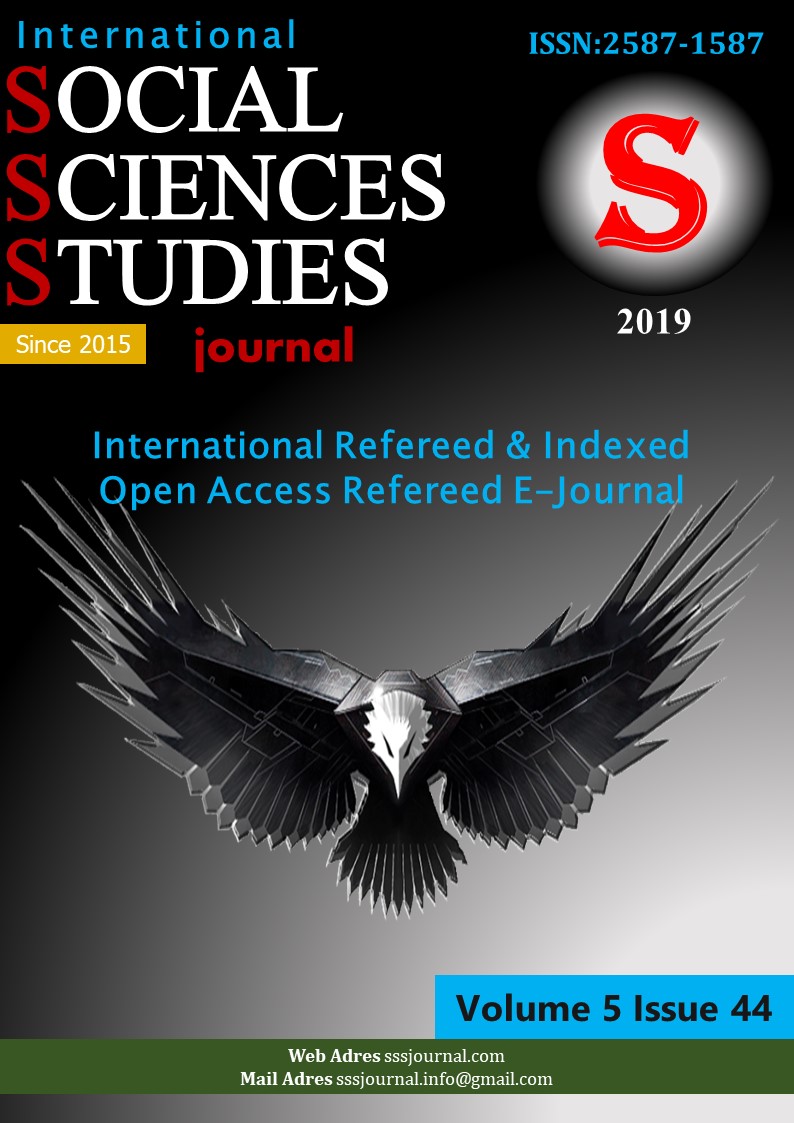Author :
Abstract
The phenomenon of knowledge is a fundamental issue in epistemology as a main branch of philosophy concerned with knowledge related problems. Over time, epistemologists attempted to give us or provide clues as to what reality actually is, that is the question of the certainty of knowledge has always been topical in any epistemic enterprise. The search for knowledge becomes more cumbersome when one considers the challenge of the skeptics and sophists about the ability of man knowing anything for certain. To some philosophers, the emergence of the skeptics’ challenge is seen as an attempt to bring this noble enterprise into a quagmire. However, the introduction of Descartes foundationalism opens a new chapter and a serious challenge to the skeptics' position on the certainty of knowledge. Consequently, many have asked the question: is Descartes foundationalism merely an answer to the skeptic's challenge or a way forward for epistemology? This paper examines this question with a view to asserting a position regarding the issue, which is that it is both a response and a way forward for epistemology.
Keywords
Abstract
The phenomenon of knowledge is a fundamental issue in epistemology as a main branch of philosophy concerned with knowledge related problems. Over time, epistemologists attempted to give us or provide clues as to what reality actually is, that is the question of the certainty of knowledge has always been topical in any epistemic enterprise. The search for knowledge becomes more cumbersome when one considers the challenge of the skeptics and sophists about the ability of man knowing anything for certain. To some philosophers, the emergence of the skeptics’ challenge is seen as an attempt to bring this noble enterprise into a quagmire. However, the introduction of Descartes foundationalism opens a new chapter and a serious challenge to the skeptics' position on the certainty of knowledge. Consequently, many have asked the question: is Descartes foundationalism merely an answer to the skeptic's challenge or a way forward for epistemology? This paper examines this question with a view to asserting a position regarding the issue, which is that it is both a response and a way forward for epistemology.
Keywords
- Aja, Egbeke. Elements of Theory of Knowledge. Enugu: Auto-century publishing company, 1993.
- Aja, Egbeke. Elements of Theory of Knowledge. Enugu: Auto-century publishing company, 1993.
- Bassey, Samuel, Nelson Robert Enang, and John Gabriel Mendie. "Innatism in Locke and theBelief in “OBOT”: A Contrastive Study." OmniScience: A Multi-disciplinary Journal 8.2 (2018): 10-17.
- Gregory, Pence. A Dictionary of Common Philosophical Terms. New York: McGraw- Hill, 2001.Hornby, A. S. Advanced Learners Dictionary of Current English. Oxford: Oxford University Press, 2001.
- James, White. Introduction to Philosophy. New York: West Publishers, 1989.
- Law Head, William E. Philosophy: An Interactive Approach. New York: McGraw- Hill Companies, 2000.
- __________ The Voyage of Discovery: A Historical Introduction to Philosophy. Belmont: Wadsworth, 2002.
- Ncha, Gabriel B. “Cohenrentism as an alternative to foundationalism” Topics in Contemporary Epistemology eds. Asira E. Asira et al. Calabar: Jochrisam publishers, 2012.
- Omoregbe, Joseph. Knowing Philosophy. Lagos: Joja Educational, Research and Publishers, 1990.Onuoha, Jude A. “Rorty’s critique on foundationalism: A challenge for the traditionalepistemologists” Critical Essays on Post- Modernism. Ed. Godfrey Ozumba et al. Makurdi: Mikro Ticha and Associate, 2017.
- Ozumba, Godfrey O. A Concise Introduction to Epistemology. Calabar: Jochrisam publishers, 2001.
- __________ History of Modern Philosophy. Calabar: Norbet publishers, 2012.
- ___________ “The Epistemological Cum Ontological Trajectory of the Philosophy of Integrative Humanism” The 83rd Inaugural lecture of the University of Calabar, 20th February, 2019.
- Robert, Audi. The Cambridge Dictionary of Philosophy. Cambridge: Cambridge University Press, 1999.
- Soccio, Douglas. Archetypes of Wisdom: An Introduction to Philosophy. Belmont: Wadsworth,Stumpf, Enoch Stumpf. Socrates to Sartes: A History of Philosophy. New York: Cambridge University Press, 1999.





